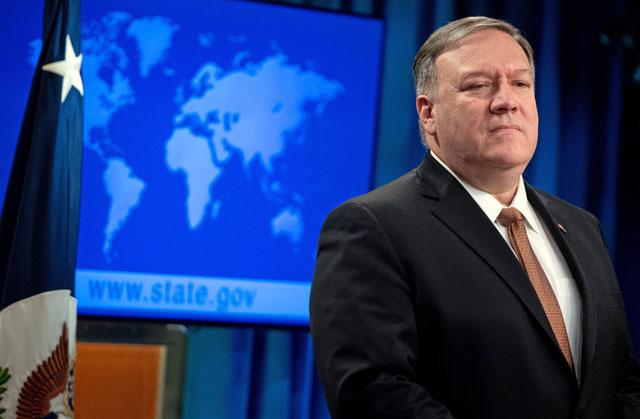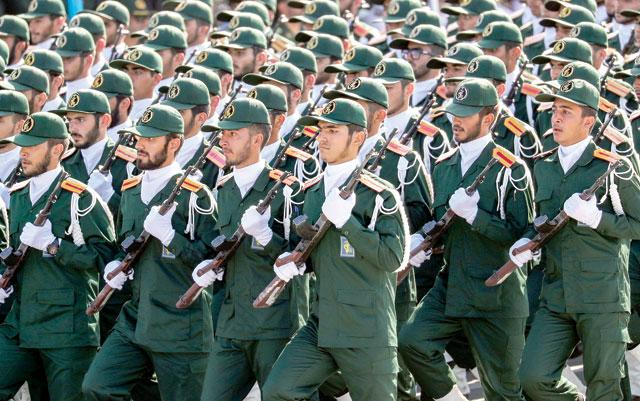You are here
Trump to weigh more aggressive US strategy on Iran — sources
By Reuters - Sep 12,2017 - Last updated at Sep 12,2017
WASHINGTON — President Donald Trump is weighing a strategy that calls for more aggressive US responses to Iran's forces, its Shiite Muslim proxies in Iraq and Syria, and its support for militant groups, according to five current and former US officials.
The proposal was prepared by Defence Secretary Jim Mattis, Secretary of State Rex Tillerson, National Security Adviser H.R. McMaster and other top officials, and presented to Trump at a National Security Council meeting on Friday, the sources said.
It could be agreed and made public before the end of September, two of the sources said. All of the sources are familiar with the draft and requested anonymity because Trump has yet to act on it.
The plan is intended to increase the pressure on Tehran to curb its ballistic missile programmes and support for militants, the sources said.
"I would call it a broad strategy for the range of Iranian malign activities: financial materials, support for terror, destabilisation in the region, especially Syria and Iraq and Yemen," said one senior administration official.
The proposal also targets cyber espionage and other activity and potentially nuclear proliferation, the official said.
The administration is still debating a new stance on a 2015 agreement, sealed by President Barack Obama, Trump's predecessor, to curb Iran's nuclear weapons programme. The draft urges consideration of tougher economic sanctions if Iran violates the 2015 agreement.
The proposal includes more aggressive US interceptions of Iranian arms shipments such as those to Houthi rebels in Yemen and Palestinian groups in Gaza and Egypt's Sinai, a current official and a knowledgeable former US official said.
In addition, US naval forces could react more forcefully when harassed by armed speed boats operated by the Islamic Revolutionary Guard Corps (IRGC), Iran's paramilitary and espionage contingent, three of the sources said.
US ships have fired flares and warning shots to drive off IRGC boats that made what were viewed as threatening approaches after refusing to heed radio warnings in the passageway for 35 per cent of the world's seaborne petroleum exports.
US commanders now are permitted to open fire only when they think their vessels and the lives of their crews are endangered. The sources offered no details of the proposed changes in the rules, which are classified.
The plan does not include an escalation of US military activity in Syria and Iraq. Trump's national security aides argued that a more muscular military response to Iranian proxies in Syria and Iraq would complicate the US-led fight against the Daesh terror group, which they argued should remain the top priority, the sources said.
Mattis and McMaster, as well as the heads of the US Central Command and US Special Forces Command, have opposed allowing US commanders in Syria and Iraq to react more forcefully to provocations by the IRGC, Hizbollah and other Iranian-backed Shiite militias, all five sources said.
The advisers are concerned that more permissive rules of engagement would divert US forces from defeating the remnants of Daesh, the sources said.
Moreover, looser rules could embroil the United States in a conflict with Iran while US forces remain overstretched, and Trump has authorised a small troop increase for Afghanistan, said the second senior administration official.
Related Articles
WASHINGTON/DUBAI — US President Donald Trump on Monday branded Iran's elite Islamic Revolutionary Guard Corps (IRGC) a terrorist organisatio
ANKARA — Donald Trump’s victory and the war on the Daesh terror group have given Iran’s hard-line Islamic Revolutionary Guard Corps (IRGC) w
WASHINGTON — The United States is expected to designate Iran's elite Revolutionary Guards Corps a foreign terrorist organisation, three US o


















